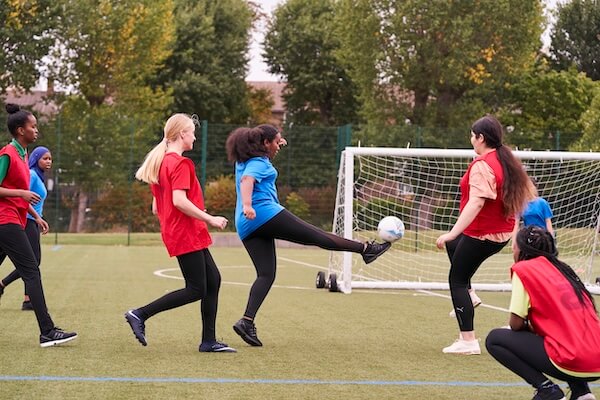
Unlocking Cognitive Potential: The Power of Exercise for Mind and Body
In recent years, the link between physical activity and brain health has become a hot topic. It's widely understood that exercise has profound effects on our physical health, but a growing body of research indicates that its benefits extend to our cognitive abilities too. Cognitive function, which encompasses vital mental processes like memory, attention, and executive functions, is crucial for daily life and overall well-being.
A comprehensive study by the University of South Australia has delivered compelling evidence that exercise, even at a low intensity, can significantly improve general cognition, memory, and executive function across all ages. This extensive review analysed 133 systematic reviews and meta-analyses, incorporating data from over 2,700 randomised controlled trials and more than 250,000 participants.
What the Research Shows
The analysis revealed that exercise has a positive impact on general cognition, memory, and executive function across the board. However, some interesting nuances emerged:
- Age Matters: Children and adolescents
experienced greater improvements in memory and executive
function compared to adults and older adults.
- ADHD Advantage: Exercise interventions proved
particularly effective for enhancing executive function in
individuals with attention-deficit/hyperactivity
disorder (ADHD).
- Exercise Type: Certain types of exercise
appear to offer distinct cognitive advantages. For example, exergames
(think physically interactive video games) showed substantial
benefits for general cognition and memory.
- Intensity and Duration: Interestingly, low- to moderate-intensity exercise and shorter-term interventions (1-3 months) yielded notable cognitive improvements.
Making Exercise a Cognitive Superpower
These findings strongly support the idea that exercise is a powerful tool for enhancing cognitive function throughout life. Whether it's improving memory in young people or supporting executive function in those with ADHD, the benefits of exercise are clear.
If you're inspired to boost your cognitive health through exercise, finding a local group can provide motivation and support. There are many community resources available to help you connect with others and discover enjoyable ways to stay active.
The University of South Australia review underscores that incorporating regular physical activity into our lives can be a valuable strategy for promoting cognitive well-being.






